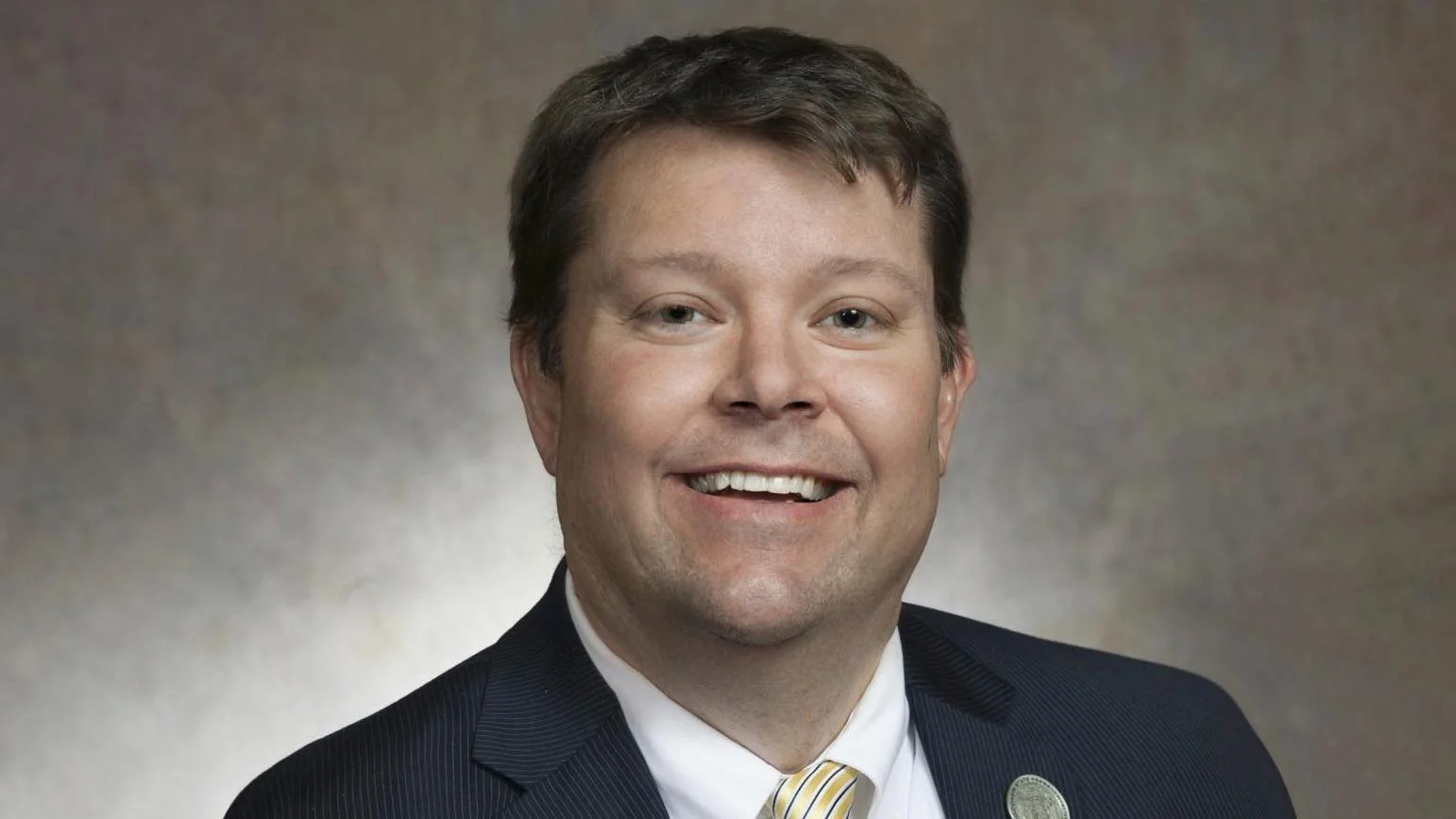John Jagler, Wisconsin State Senator for 13th District | Official Website
John Jagler, Wisconsin State Senator for 13th District | Official Website
According to the Wisconsin State Legislature's official website, the bill was described as follows: "tax incremental financing districts containing qualified data centers. (FE)".
The following is our breakdown, based on the actual bill text, and may include interpretation to clarify its provisions.
In essence, this bill amends the rules regarding tax incremental financing districts (TIDs) in Wisconsin, specifically those containing qualified data centers. It allows such TIDs to be exempt from the existing restriction that the cumulative value of all TIDs in a municipality cannot exceed 12% of the total equalized property value, provided all project costs within the TID relate to the qualified data center. The exemption, certified by the Wisconsin Economic Development Corporation, stipulates that project plans for these districts cannot be amended to include costs unrelated to the data center. These measures aim to promote the development of data centers by relaxing restrictions on financial support for such projects, effective upon enactment.
The bill was co-authored by Representative Mark Born (Republican-37th District). It was co-sponsored by Representative Robert Brooks (Republican-59th District), Representative Benjamin Franklin (Republican-88th District), and Representative Chanz J. Green (Republican-74th District), along with seven other co-sponsors.
John Jagler has authored or co-authored another 11 bills since the beginning of the 2025 session, with none of them being enacted.
Jagler, a Republican, was elected to the Wisconsin State Senate in 2021 to represent the state's 13th Senate district, replacing previous state senator Scott L. Fitzgerald.
In Wisconsin, the legislative process starts when a senator, constituent, group, or agency proposes an idea for a bill. After drafting, the bill is introduced, numbered, and referred to a committee for review and public input. If approved, it moves through three readings and votes in both the Senate and Assembly. Once both chambers pass the same version, the bill goes to the governor, who can sign it, veto it, or let it become law without a signature. Only a small share of bills introduced each session ultimately become law. You can learn more about the Wisconsin legislative process here.
| Bill Number | Date Introduced | Short Description |
|---|---|---|
| SB241 | 05/09/2025 | Tax incremental financing districts containing qualified data centers. (FE) |
| SB240 | 05/09/2025 | Workforce literacy grant program. (FE) |
| SB193 | 04/14/2025 | Revoking a transfer of real property on death, obtaining evidence of the termination of a decedent’s property interests, disbursing deposits after rescission of real property wholesaler contracts, and filing satisfactions of judgment |
| SB145 | 03/21/2025 | The procedure for adding federal newborn screening recommendations to the state-required newborn screenings, granting rule-making authority, and providing an exemption from emergency rule procedures. (FE) |
| SB18 | 02/05/2025 | Changes to the educational assessment program and the school and school district accountability report. (FE) |


 Alerts Sign-up
Alerts Sign-up